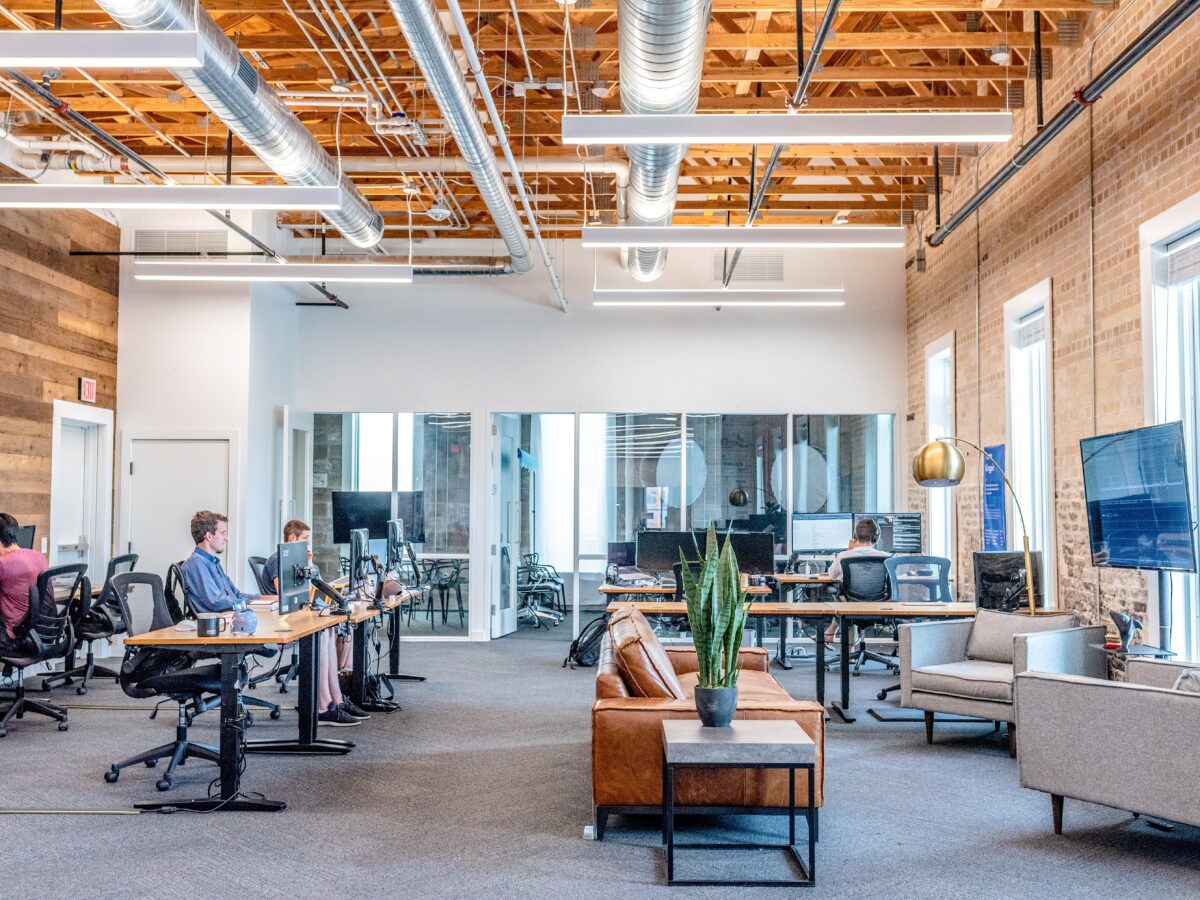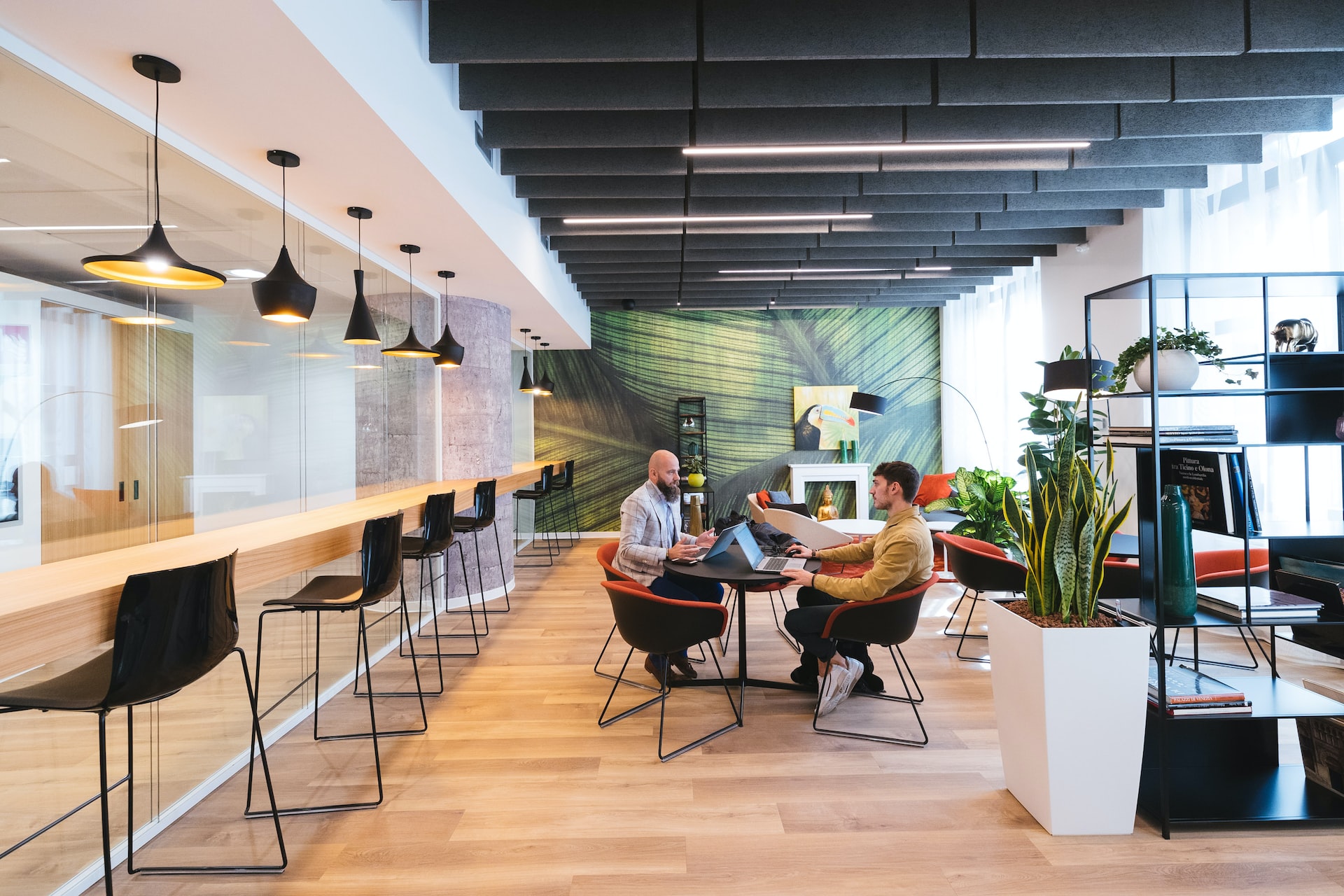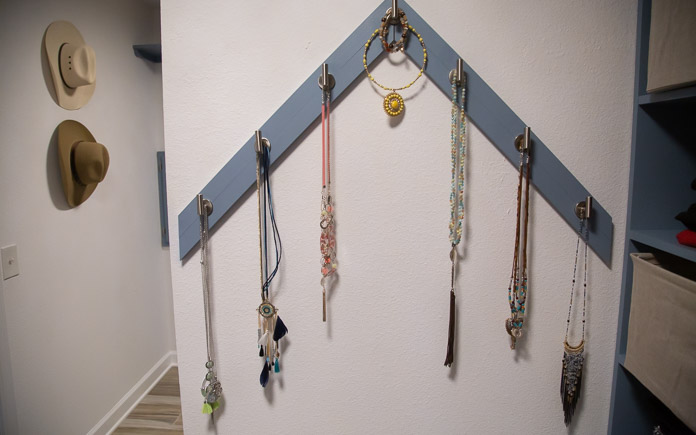The Impact of Office Design on Positivity at Work » Residence Style

Have you ever walked into an office building for the first time and just felt “so good’ to be there? Yes, it may be the building or room itself that is attractive, but much of the “behind the scenes” ambience is due to the office interior design. This plays a major role in promoting performance and decreasing stress in employees. The choice of colours, furnishing, artefacts or placement of paintings/pictures can make a big difference to the mood of a person.
Though the impact of the pandemic lockdowns still remains, with some people working online from home, many people have returned to their offices or places of work. The hybrid working trend is continuing, so the workplaces need to accommodate individual routines as well as coactive working in a shared space.
Some aspects that can contribute to the “feel-good” factor at work are given below:
Blending
The overall effect of the design needs to, directly or indirectly, blend with the subject of the workspot. For instance, office design tailored to estate agents will start with the workplace, research into the industry, workforce, clients, expected growth and, based on those initial factors, the specific designing will take place.

Ventilation
This is an important factor since fresh air is a stimulant for alertness. The HVAC (heating, ventilation, air-conditioning) system needs to be running smoothly. Temperature control is essential as humidity can make a person lethargic. If open windows are possible, that would be a feature to take into consideration. The quality of the air is also important, so keeping some indoor plants which detoxify the air can help. With modern technology and Dashboard and open API, issues regarding air quality can be identified and improved upon.
Lighting
Almost nothing is as depressing as a dark and gloomy office. Natural light is the best and optimising this should be on the to-do list. If it is not possible, the quality of lighting needs to be studied and decided upon. Skylights provide more sunlight than a regular window. They are also energy efficient and promote good health and moods. The glare from computers also needs to be considered. Filtered light, diffused light with shades or globes and adjustable window blinds can help towards this. Flickering lights should be avoided. The lighting needs to be varied so there are areas of ambient lighting as well as concentrated lighting.
Space and movement
Both are vital to keep the energy flowing. Being active increases concentration level and mental ability. Flexible furniture, with height adjustable and some standing desks could increase this. Hot-desking could add to the movement. Social spaces with an informal design would allow employees to relax and encourage communication which could become productive by exchange of ideas etc. At the same time, quiet zones can offer tranquillity for private working, personal meetings or just to calm down. If gym and shower facilities can be included in the budget, this would be an incentive – perks both to increase productivity and, if hybrid working is offered, to make the idea of returning to work more inviting.
Comfort
Considering the long hours of office work, feeling comfortable at the workplace is of utmost importance – both physically and mentally. The installation of ergonomic equipment would be an asset. Devices with uptodate technology, readily accessible through consolidated power points which support multiple devices can strengthen synergetic working. Designs for cluster seating around such devices would be feasible, saving time and individual energy. Stress is inevitable in an office but, in order to keep it to the minimum and prevent it from spreading, the method of designing the interior can help a great deal. Certain colours can have a calming effect. Biowalls release positivity by reducing noise, refining air quality and providing a peaceful atmosphere.

Conclusion
The main cause for high productivity is to have a contented workforce. Knowing that the employers are concerned about their workers and caring enough to provide the necessary facilities will keep them happy, energised and ensure maximum productivity. The opposite can have a contrary effect. A substandard office design can lead to unsatisfied workers, resulting in low productivity. Ensuring that the office design caters to the required needs should be on the priority list, and who would be best suited to provide the “feel-good” factor in an office? Contact The Office Interior Company.







